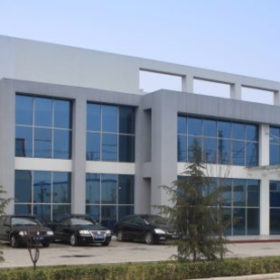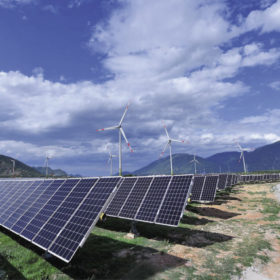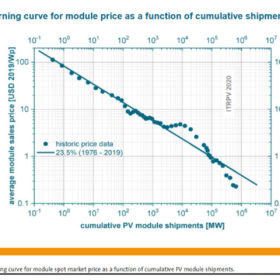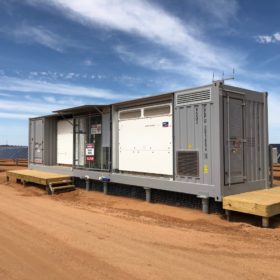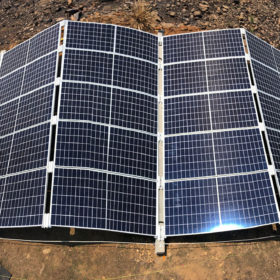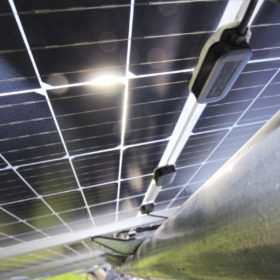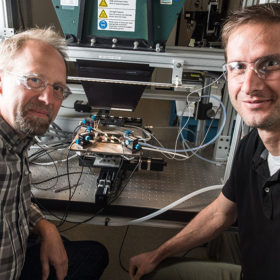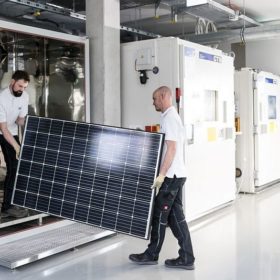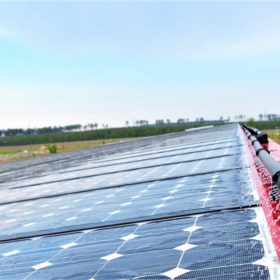500 W-plus panel race intensifies with JA Solar’s new module and Risen’s first shipment
Chinese manufacturer JA Solar has announced a new 525 W+ panel and said the product will be available from the second half. Domestic rival Risen has shipped the first batch of its high-powered modules and intends to stick to pre-Covid-19 plans to ramp up production.
AEMO: The grid can handle 75% renewables by 2025
The Australian Energy Market Operator (AEMO) has found that the country already has the technical capability to safely operate a system where three-quarters of electricity comes from wind and solar. However, to do so it needs to get regulations right.
Solar costs set to continue falling according to ITRPV roadmap
The 11th edition of the German document which tracks solar price falls and efficiency improvements has considered the role bigger wafers are playing in cost reduction.
Constraints lifted for five West Murray solar farms
In a major feat for the energy sector, the Australian Energy Market Operator (AEMO) has provisionally lifted generation constraints imposed on five solar farms in the West Murray Zone, following the successful testing of new tuned inverter settings this week.
5B chooses Enphase inverters to bring power to bushfire communities
Sydney-based pre-fabricated solar array manufacturer 5B has selected Enphase IQ 7+ microinverters for the Resilient Energy Collective bushfire relief campaign. The initiative is looking to install stand-alone solar and Tesla battery systems at up to 100 sites around Australia affected by bushfires and floods.
Nextracker the largest tracker provider in 2019
The ten largest solar tracker companies accounted for 88% of the market last year, according to analyst WoodMackenzie, with the market growing 20% from 2018.
Six-junction III–V solar cell with 47.1% efficiency
A U.S. research group has developed a new solar cell, based on six active photoactive layers, to capture light from a specific part of the solar spectrum. The scientists claim that they could potentially reach a 50% efficiency rate with the new cell.
Northern Territory approves its first lithium mine
The Finniss Lithium Project will be the first-ever lithium mine to be built outside of Western Australia.
Preventing PID at 1500 volts
Scientists in Germany have developed a “heavy duty” test to provide insight into the long term effects of potential induced degradation in PV modules. The tests go well beyond those established by IEC standards and seek to guide manufacturers and investors on the best choice of materials – encapsulants in particular – when it comes to long term PID resistance.
Cooling down PV panels with water
France’s Sunbooster has developed a technology to cool down solar modules when their ambient temperature exceeds 25 C. The solution features a set of pipes that spread a thin film of water onto the glass surface of the panels in rooftop PV systems and ground-mounted plants. The cooling systems collect the water from rainwater tanks and then recycle, filter and store it again. The company claims the technology can facilitate an annual increase in power generation of between 8% and 12%.
